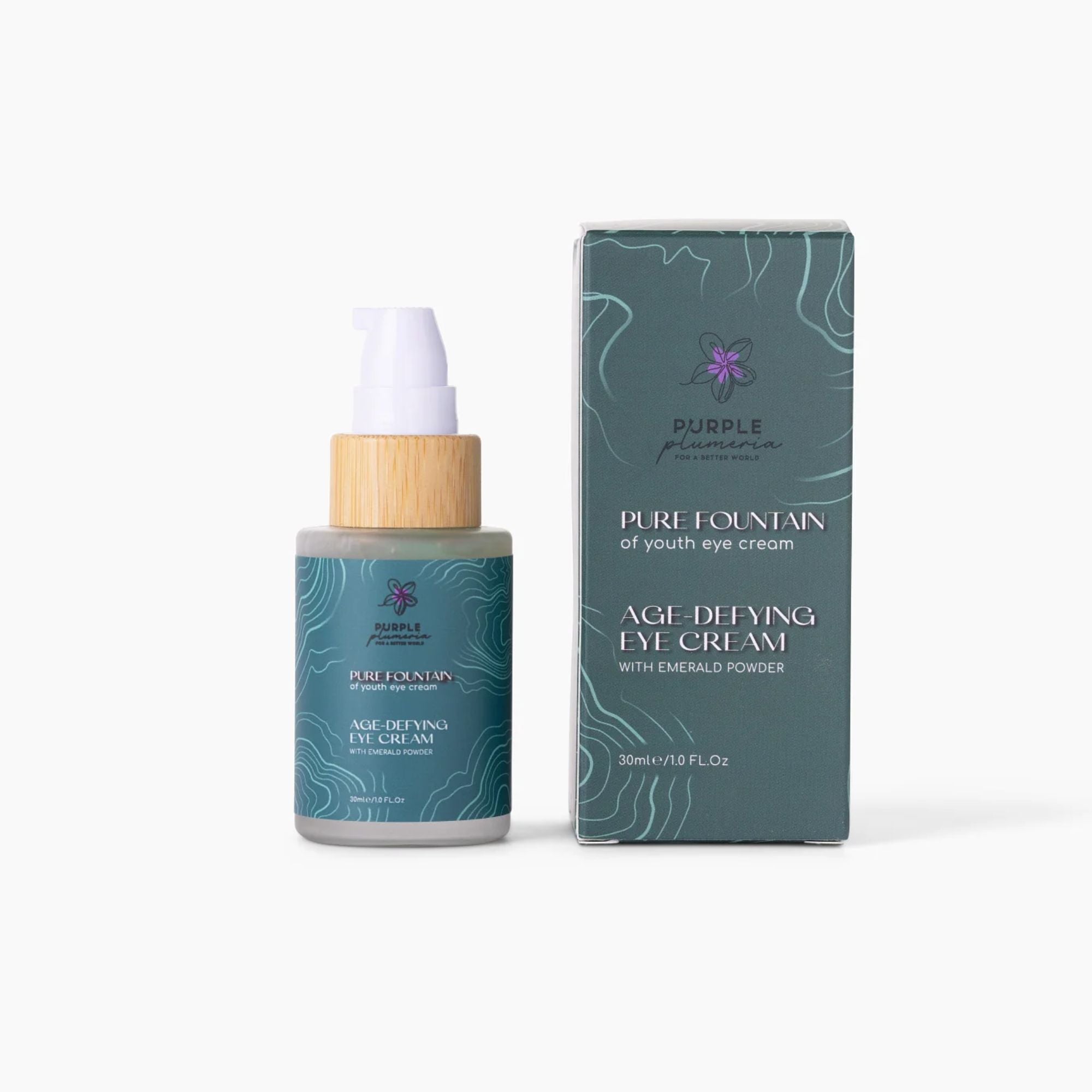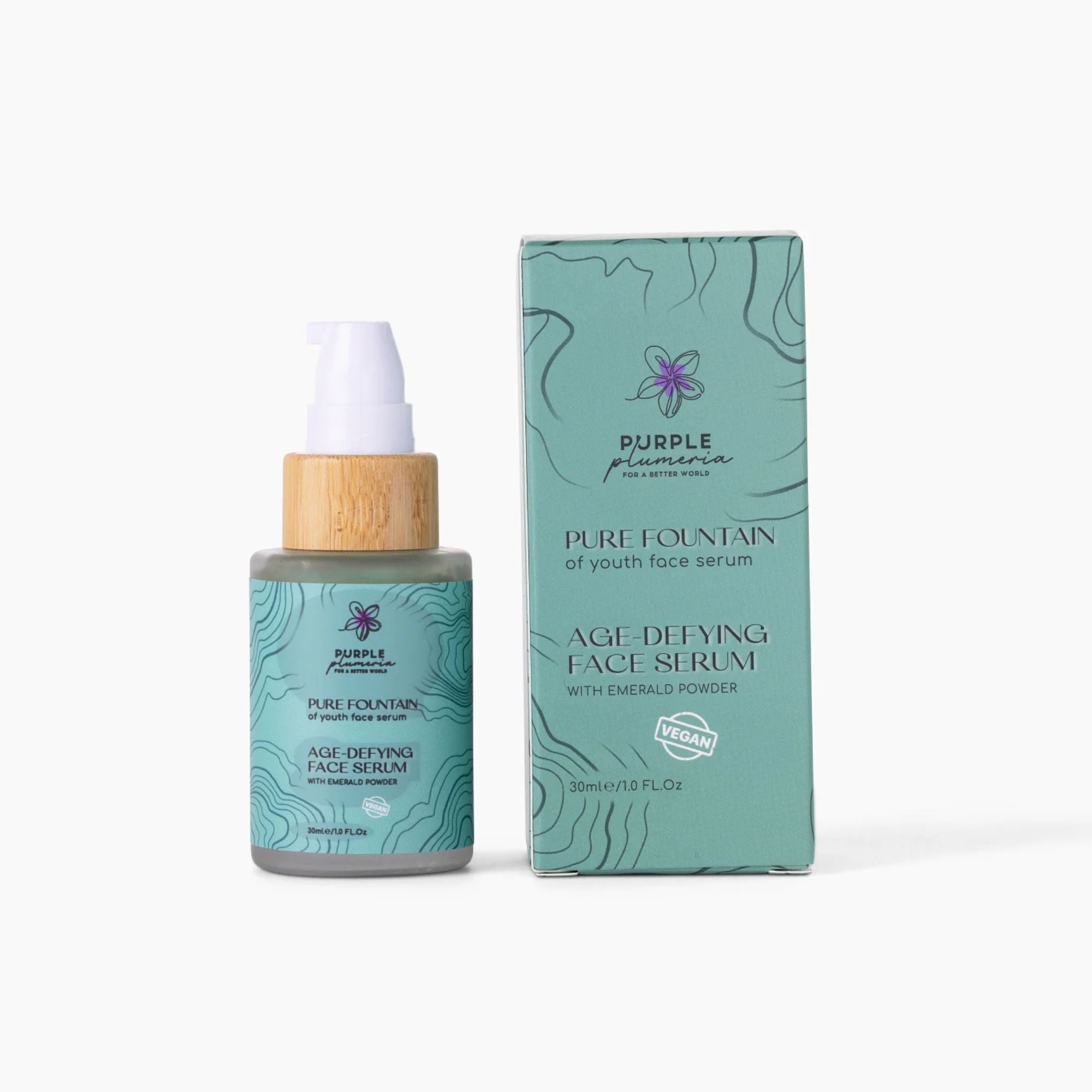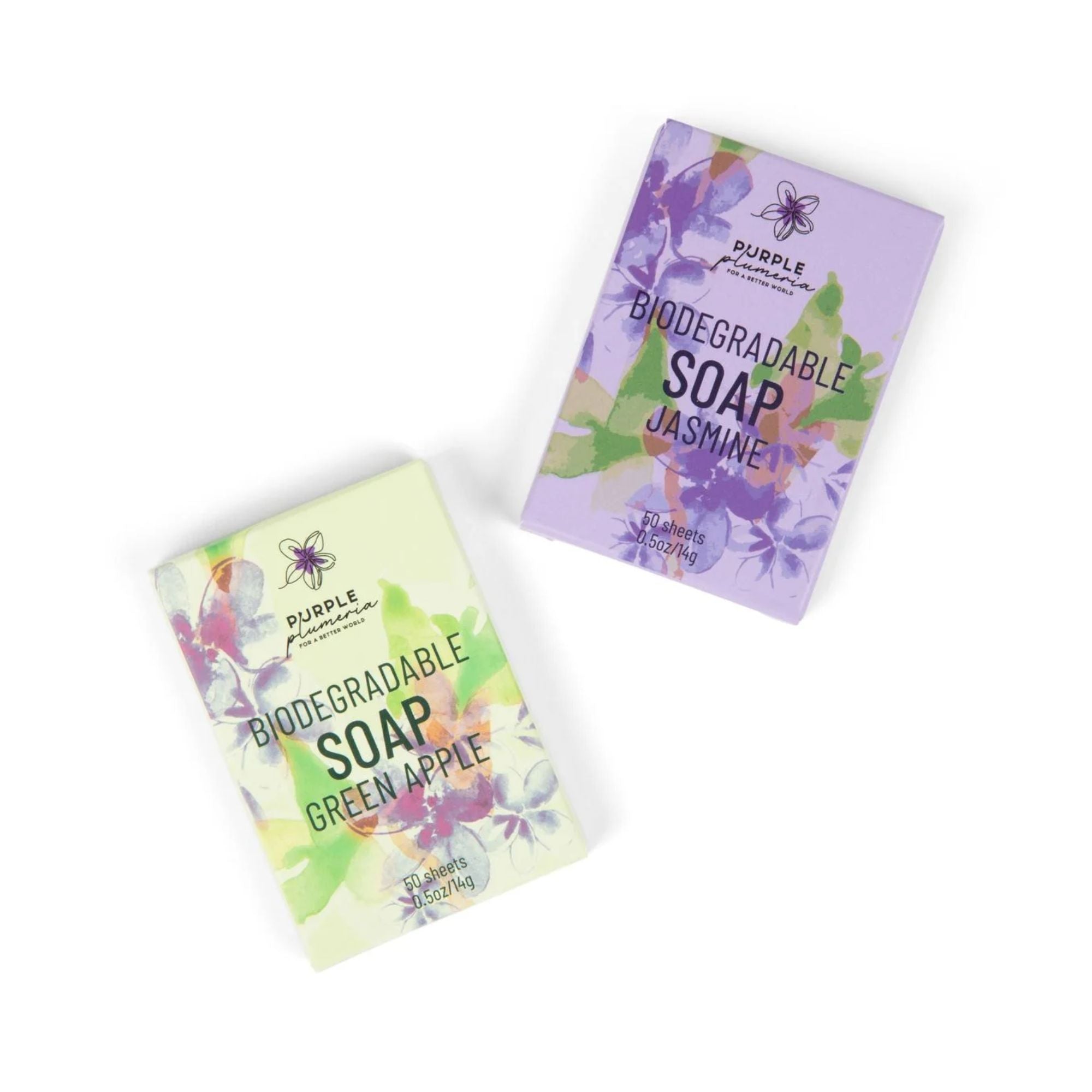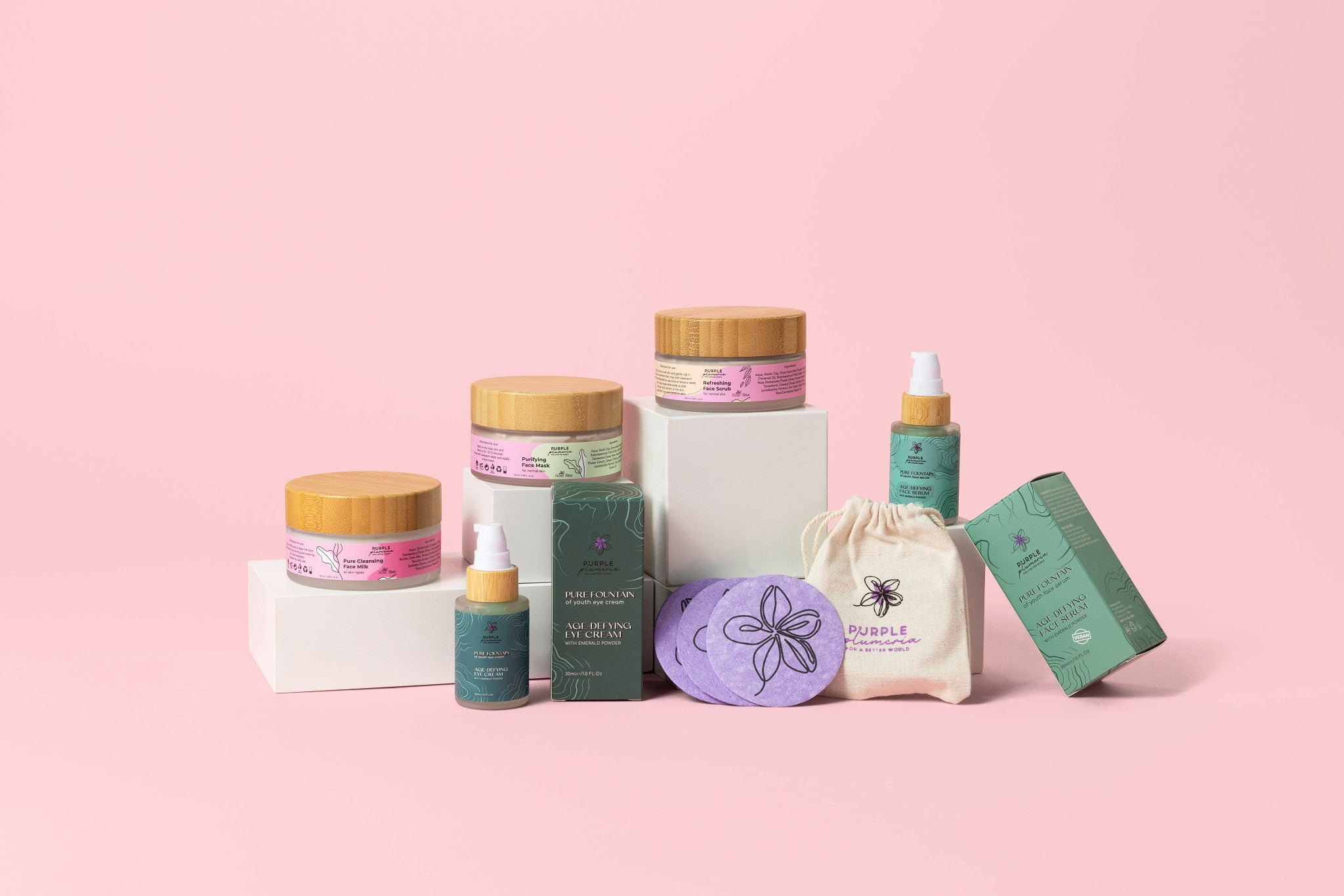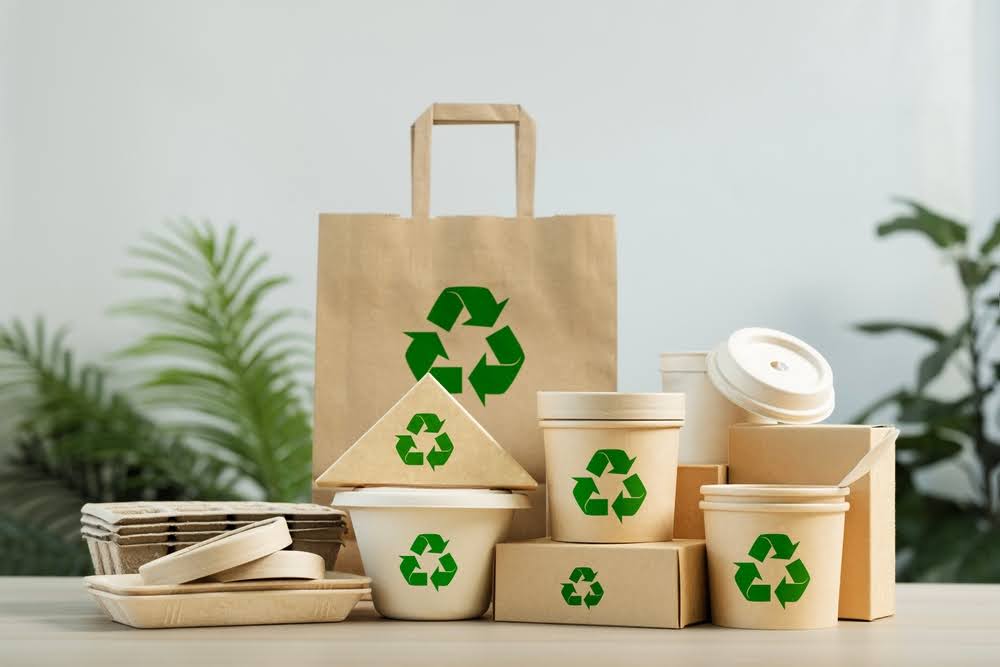Let’s face it—our homes, routines, and even our smallest habits are filled with waste we rarely think twice about. From packaging to textiles, many of the materials we use daily stick around in landfills far longer than we realize.
But the good news? There’s a growing list of easily biodegradable materials that can step in and do the same job, minus the environmental guilt.
Switching to these materials doesn’t mean giving up convenience or comfort. It comes down to making intentional choices—ones that help shrink our footprint without stretching our budgets.
Here’s a simple list of materials that are naturally biodegradable, along with easy ways to bring them into your everyday life.
Cellulose: A Plant-Based Powerhouse for Everyday Sustainability
Cellulose stands out when it comes to easily biodegradable materials. As the primary component of plant cell walls, it’s found in everything from cotton to paper to certain biodegradable plastics.
Cellulose is so practical because it decomposes quickly in composting environments without releasing toxins. You’ll often see it in eco-friendly packaging, filters, compostable dish sponges, facial and body sponges, or even in cleaning wipes.
Because it’s naturally derived and readily breaks down into organic matter, cellulose offers a reliable and sustainable option for anyone trying to cut down on synthetic waste in everyday life.
Hemp Products: Minimal Waste, Maximum Use
Hemp doesn’t just make great clothing or paper—it also happens to decompose quickly when it’s no longer useful.
Hemp-based bags, packaging, or textiles offer a sturdy alternative to synthetics. And once you’re done with them? Toss them into the compost or garden. They break down fast and leave nothing harmful behind.
Mushroom Packaging: A Smart Swap for Styrofoam
This might sound like science fiction, but it’s real—mushroom roots, or mycelium, are being used to grow packaging materials.
These soft, cushiony forms work just like foam but break down completely within a month. They’re safe to compost and don’t leach anything toxic.
Start looking for mushroom packaging in products you buy online—it’s popping up more and more.
Plant Starch-Based Bioplastics: A Greener Take on Takeout
We’ve all used plastic utensils, containers, or packaging at some point—but plant starch-based alternatives are reshaping the way we think about disposables.
These bioplastics offer the same look and feel as conventional plastic but break down naturally in composting conditions. Whether it’s compostable resealable bags or cling wraps, you can use them and toss them in the green bin—where they’ll decompose within weeks, not decades.
Cotton and Wool: The Natural Way to Clean and Dress
If you’re still using synthetic cleaning cloths or fast fashion made from polyester, now’s the time to rethink.
Cotton and wool, especially when untreated and undyed, are some of the most easily biodegradable materials out there. Use them for dishcloths, wardrobe basics, or even reusable gift wrap.
When they wear out, they’ll return to the earth without a trace.
Recycled Paper and Cardboard: Simpler Than You Think
Not all paper is created equal. The uncoated kind, free of gloss or plastic films, and made from recycled fibers, breaks down quickly and safely.
Think egg cartons, packing paper, or even seed-embedded greeting cards. These items are low-effort swaps with a surprisingly high impact on your waste reduction goals.
Coconut Coir: From Tree to Tool to Compost
You know that fibrous stuff in the shell of a coconut? That’s coconut coir, and it’s used to make scrub brushes, doormats, garden liners, compostable scrubbing sponges, and even growing mediums.
Once it’s worn out, it goes right into your compost. It enriches the soil while it decomposes, making it a win-win for your home and your plants.
Jute: Chic, Strong, and Soil-Friendly
This humble plant fiber is often used in totes, rugs, and twine—and it’s one of the easiest materials to break down when tossed into a compost pile.
Jute is sometimes called the “golden fiber” because of its color and versatility. Use it as a plastic alternative in your shopping bags or home decor, and feel good knowing it won’t outlive you in a landfill.
Bamboo: The Overachiever of Sustainable Materials
Fast-growing and highly renewable, bamboo is everywhere for good reason. Bamboo toothbrushes, utensils, fabrics, and even toilet paper are popular choices for sustainable living.
The key? Choose options that are untreated and chemical-free.
Bamboo breaks down in both home compost and natural environments, making it one of the most easily biodegradable materials to work into your daily life.
Making the Shift Without the Stress
Here’s the thing—making these changes doesn’t have to feel like a total lifestyle overhaul. You don’t need to toss everything out and start from scratch. Instead, focus on one category at a time.
You can start in the kitchen, for example, by switching to compostable garbage bags that break down naturally without the plastic waste.
The key is to be mindful. Keep an eye out for greenwashing—some products claim to be “eco-friendly” but contain coatings or treatments that prevent them from breaking down.
If something says “biodegradable,” ask yourself how and where it breaks down. Compostable materials should decompose within a reasonable amount of time in home or municipal compost settings.
Choosing Better for the Planet (and Ourselves)
Choosing easily biodegradable materials is good for our homes, our routines, and our peace of mind.
By swapping out wasteful options for natural, earth-friendly ones, we take daily steps toward a cleaner, more sustainable future. These materials don’t just disappear, but rather make room for a lifestyle that actually respects the planet we live on.
So next time you’re making a purchase or tossing something out, ask yourself: could this be a little greener, a little gentler? More often than not, the answer is yes.
Ready to Make Sustainable Living Beautiful?
At Purple Plumeria, we believe everyday essentials should be as kind to the planet as they are to your skin and home.
Whether you're swapping to biodegradable soap sheets or browsing for zero-waste kitchen items, we’ve got thoughtfully made options that align with your eco-conscious values.
Explore our collection, created with clean, biodegradable ingredients that won’t harm the earth. Start making the switch today—your routine (and the planet) will thank you.
